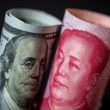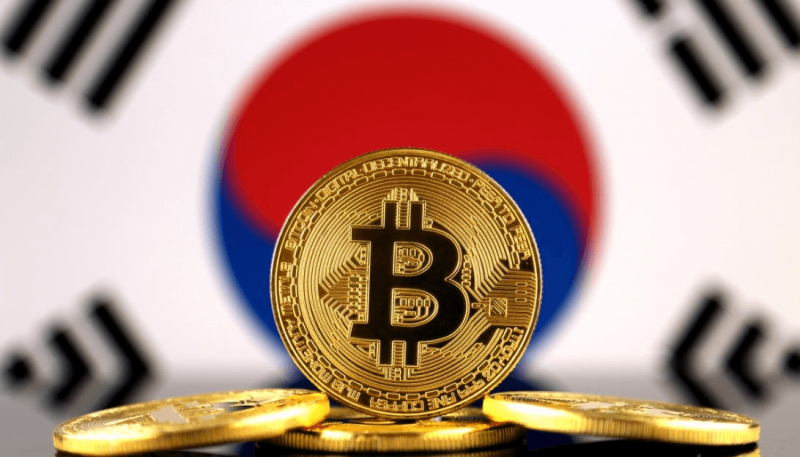In a tight-necked contest in the South Korean presidential election, conservative candidate Yoon Suk-yeol emerged as the winner by a margin of less than 1%.
Cited as the “battle of the unfavorables” by BBC, both Presidential candidates made cryptocurrencies a central theme to their campaigns. The candidates released NFT collections of their videos and photos before the election result to gain popularity amongst the younger South Korean generation.
From an earlier clampdown to a pro-crypto stance, the narrative keeps transitioning in South Korea. Before talking about the greater good, why was crypto a revolving theme in the election? To answer that question, one must look at South Korea’s crypto demographics.
History Class
As with most countries, South Korea’s love-hate relationship with Bitcoin stretched as far back as 2017. Investors started to take notice of a Bitcoin boom during the year, with the king’s coin price rising by 2,670% to $20,000 by 2017 end. At the time, South Korea discouraged dealing with digital assets, perceiving them as a threat to the economy. The government prohibited the use of anonymous accounts in cryptocurrency trading and also barred local financial institutes from dealing with Bitcoin futures. In 2018, the Financial Services Commission imposed tighter regulations on banks with accounts held by crypto exchanges.
Yet, the regulations did not deter young South Koreans from stacking up on cryptocurrencies. Factors like the high unemployment rate, saturated real estate, the stock market, and an affinity towards technology lured young investors into the quick money-making model presented by Bitcoin. By Feb 2018, South Korea had begun shifting its stance on digital assets. Regulators vowed to ease regulations, taking a complete U-turn from threatening a crypto crackdown the month before.
By 2019, South Korea had become the third-largest market by Bitcoin trades, housing more than a dozen digital currency exchanges. At times, crypto prices traded at a 30% premium in South Korea when compared to other countries.
Fast-forward by 2 years and the South Korean National Assembly passed new legislation that aimed at regulating and legalizing cryptocurrencies and crypto exchanges. However, the authorities had failed to develop a concrete system for regulating NFTs, taxation, and criminal-related activities such as money laundering.
Road Ahead?
The newly elected President Yoon Suk-yeol aims at solidifying the crypto slate going forward. Yoon wished to create more crypto “unicorns” (startups that grow to be worth $1 billion or more) in South Korea, while also introducing a means to return profits gained from the illicit activity back to the victims.
Be it because of its popularity or an alternative means to earn more profits, the crypto scenario is undoubtedly making headway around the world. US President Joe Biden signed an executive order yesterday, acknowledging the need for a “comprehensive approach to digital asset policy.” Dubai, touted as the ‘business capital’ of the United Arab Emirates, introduced a new crypto law yesterday which established regulatory authority for overseeing crypto-related activities.





